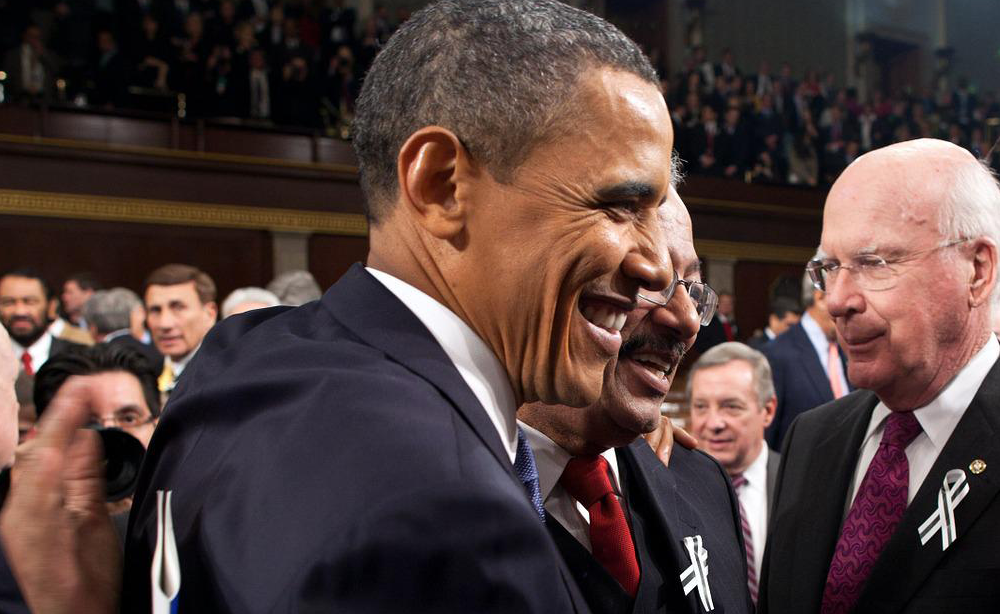WASHINGTON, DC (August 8, 2014) – President Obama signed the Autism CARES Act today, which dedicates $1.3 billion in federal funding for autism over the next five years. Autism CARES—introduced by Sens. Menendez (D-NJ) and Enzi (R-WY) and Reps. Chris Smith (R-NJ) and Mike Doyle(D-PA)—enjoyed broad bipartisan support in both the Senate and the House.
“Autism Speaks commends President Obama and our Congressional leaders for taking action on behalf of the millions of families affected by autism, which continues to rise at an alarming rate,” said Autism Speaks President Liz Feld. “These families are our champions and this critical legislation would not have been possible without the voices of tens of thousands of grassroots advocates from across the country.”
Autism CARES reauthorizes the landmark 2006 Combating Autism Act for another five years at an annual funding level of $260 million. The funding will be used primarily for autism research grants awarded by the National Institutes of Health. Autism CARES will also ensure the continued funding of autism prevalence monitoring; training of medical professionals to detect autism; and continued efforts to develop treatments for medical conditions associated with autism.
“Since 2006, the prevalence of autism has risen at an alarming rate to 1 in 68, including 1 in 42 boys. Given this epidemic, there has never been a greater need for these types of bipartisan efforts to make autism a federal priority,” said Feld. “We applaud Senators Bob Menendez (D-NJ) and Michael Enzi (R-WY) and Reps. Chris Smith (R-NJ) and Mike Doyle (D-PA) for their continued leadership and commitment to autism families.”
Autism CARES also tasks the federal government with surveying the current landscape of adult services and reporting to Congress where gaps exist and how to most effectively address those needs.
“There is a particularly acute need to serve young people with autism as they transition to adulthood and need new housing, employment, transportation, and other services,” Feld added. “Autism CARES will be critical to identifying these challenges and the ways that the federal and state officials can address them.”
The bill also empowers the Interagency Autism Coordinating Committee (IACC) with the task of avoiding unnecessary duplication and making recommendations to implement a strategic plan. The U.S. Department of Health and Human Services is required to take charge of implementing the plan and reporting to Congress on progress.




